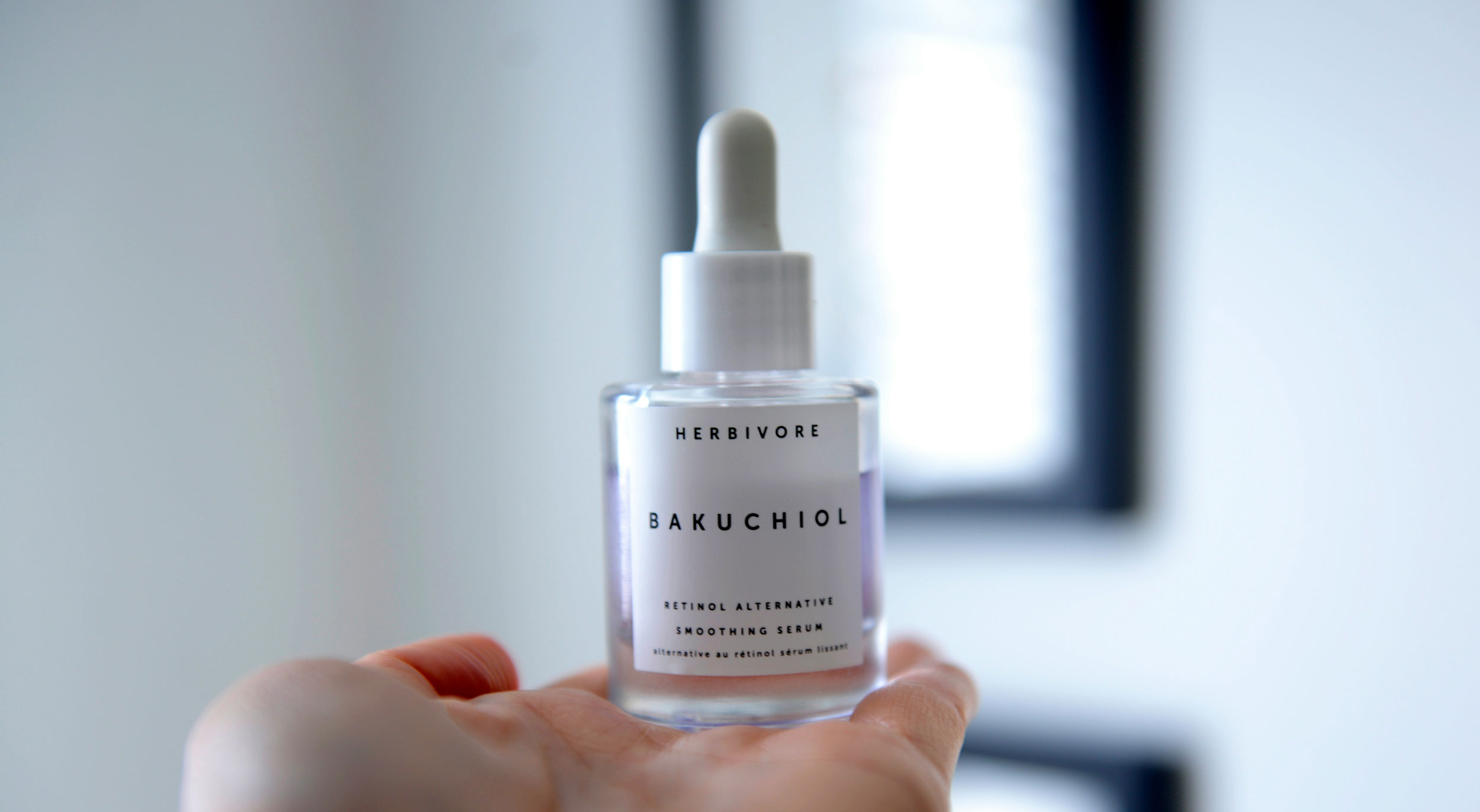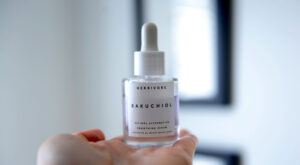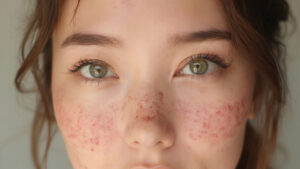With so many trending skincare ingredients, it’s easy to wonder whether traditional retinol is still the gold standard—or if gentler plant-based alternatives like bakuchiol have officially taken its place. Both ingredients are often marketed as wrinkle-fighters, but they work in different ways and serve different skin types. Below, we break down the science, benefits, and best-use cases so you can confidently choose the right one for your routine.
What Is Retinol and How Does It Work?
Retinol is a Vitamin A–derived ingredient that increases cell turnover and stimulates collagen production within the deeper layers of the skin. That’s why it’s widely considered the industry’s go-to ingredient for reducing the appearance of fine lines, pigmentation, and uneven texture. Dermatologists note that retinol can also help improve skin clarity and minimize acne over time
Retinol is available in both prescription-grade formulas (tretinoin) and over-the-counter products, including fragrance-free retinol creams ideal for sensitive skin.
⚠️ What to know: Retinol can initially cause dryness and irritation. That’s why many people pair retinol use with supporting products like hypoallergenic aloe vera moisturizers or hydrating face masks to support the skin barrier.
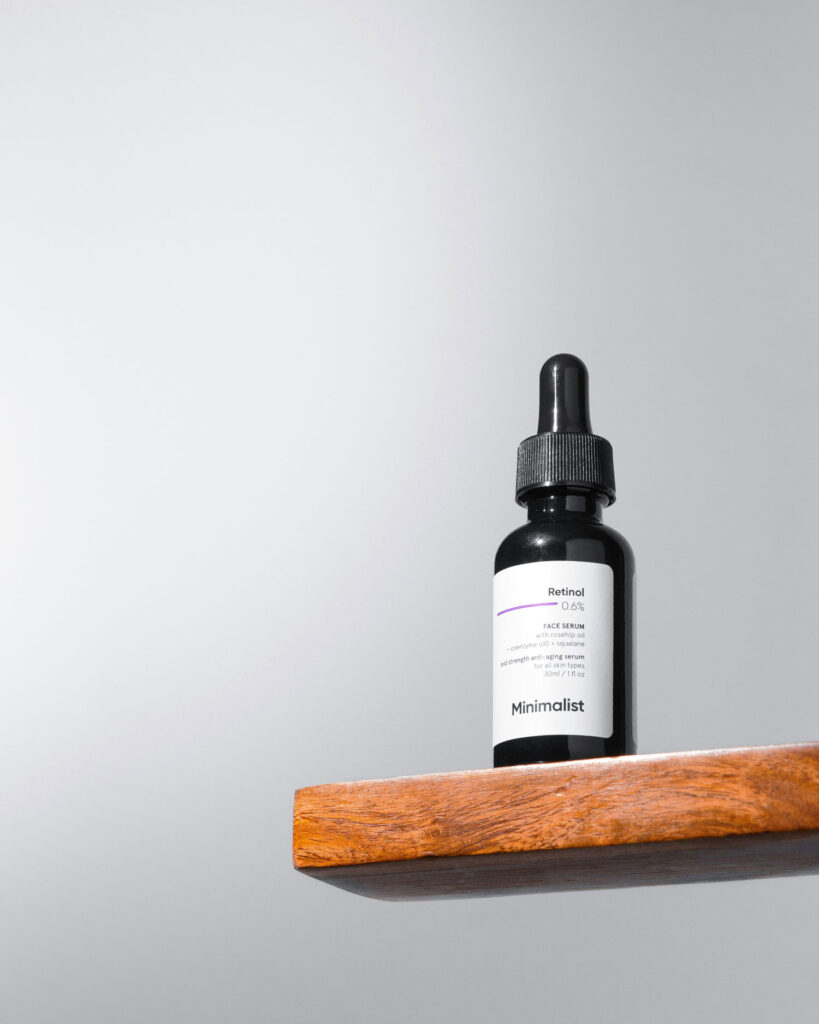
What Is Bakuchiol?
Bakuchiol is a plant-derived antioxidant extracted from the seeds of the Psoralea corylifolia plant. It’s often referred to as a “natural retinol alternative” because it offers similar benefits—such as smoother skin and improved firmness—without the irritation associated with traditional retinoids.
Unlike retinol, bakuchiol does not increase cell turnover. Instead, it improves collagen expression and has natural anti-inflammatory and antioxidant properties, which makes it a better choice for people with sensitive skin, eczema, or skin prone to redness.
Which One Should You Use?
Choose Retinol If…
You want faster, clinically proven anti-aging results and your skin can tolerate active ingredients. Retinol is still considered the gold standard for visibly reducing wrinkles, treating skin care for hyperpigmentation, and improving overall tone.
Choose Bakuchiol If…
You have sensitive skin, rosacea, or want a pregnancy-safe anti-aging option. Bakuchiol provides gradual, irritation-free improvement and pairs well with barrier-supporting products like aloe moisturizers or cruelty-free vitamin E oil for dark spots.
Pro Tip: Some modern formulas combine both ingredients to deliver results and tolerability (e.g., Herbivore Moon Fruit 1% Bakuchiol + Retinol Alternative Serum).
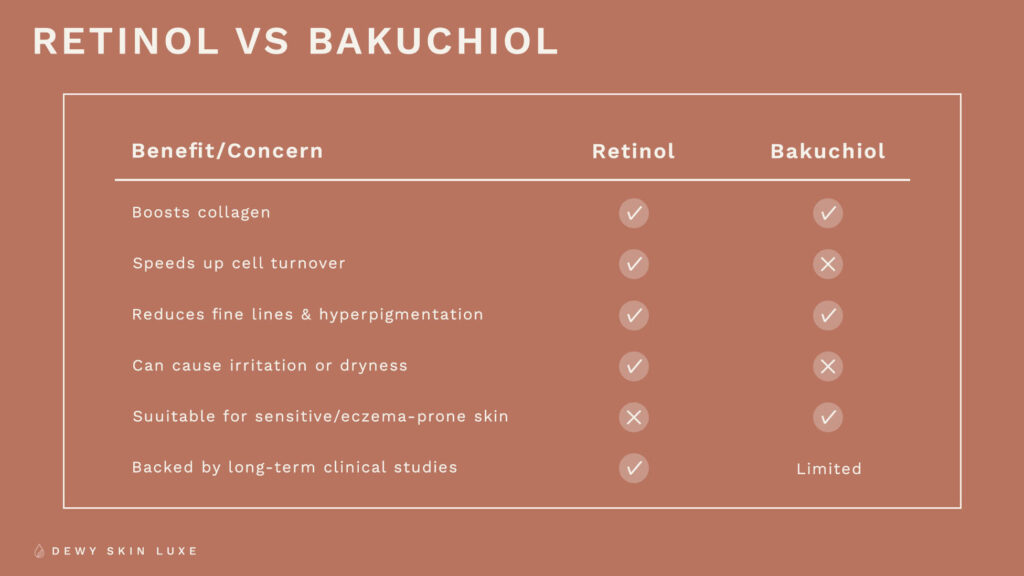
What Does the Science Say?
A notable 12-week clinical study published in the British Journal of Dermatology found that bakuchiol delivered comparable reductions in wrinkles and hyperpigmentation to retinol—but with better tolerability and fewer side effects (like peeling or burning).
While retinol still shows a bit more potency in direct comparisons, bakuchiol’s lower irritation profile makes it especially appealing to those with sensitive or reactive skin.
When Should I Apply Retinol or Bakuchiol in My Skincare Routine?
Both retinol and bakuchiol fall into the treatment step of your routine, meaning they should be applied after cleansing and toning, and before heavier moisturizers or face oils. In a typical nighttime routine, you would:
Cleanse → Tone → Apply Retinol or Bakuchiol → Moisturize → (Optional) Facial Oil or Hydrating Face Mask
Since retinol can increase sensitivity and dryness, it’s generally recommended for nighttime use only, followed by a rich moisturizer to buffer potential irritation. Bakuchiol is more flexible and can be applied in the morning or evening (because it doesn’t increase photosensitivity), but it should still go after toner and before moisturizer or SPF. If you’re using both, a simple way to layer is: bakuchiol in the morning and retinol at night, or use bakuchiol on nights you’re not using retinol to give your skin a break.
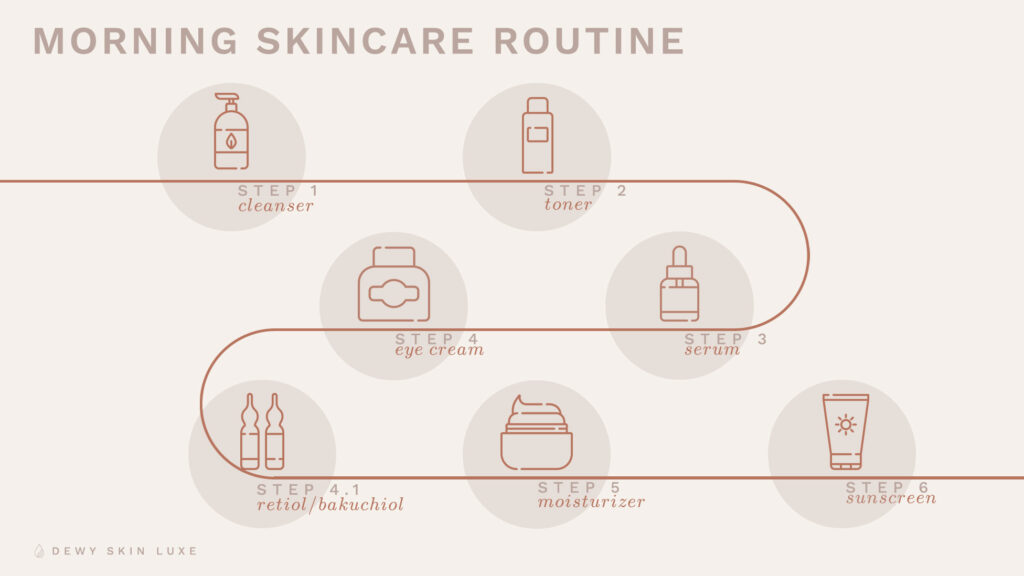
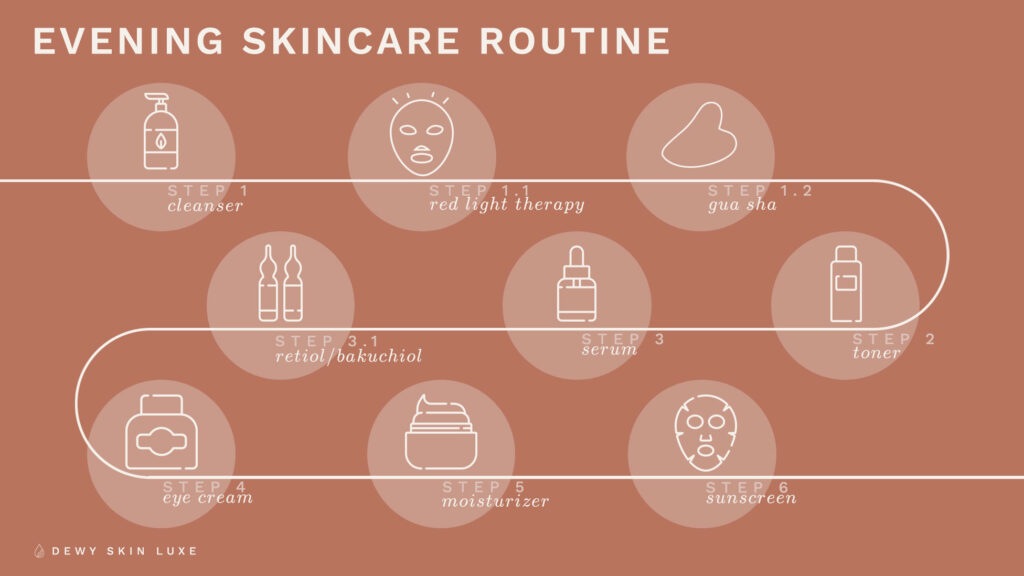
Expert-Approved Tips for Usage
- Introduce Slowly
Start using retinol 1–2x per week and increase as tolerated. Bakuchiol can typically be used daily. - Use at Night + Pair With SPF
Both ingredients can make skin more UV-sensitive. Use them before bed and apply sunscreen in the morning. - Don’t Skip Moisturizer
Layer over a hypoallergenic aloe vera moisturizer or follow with a hydrating face mask to reduce irritation and boost results.
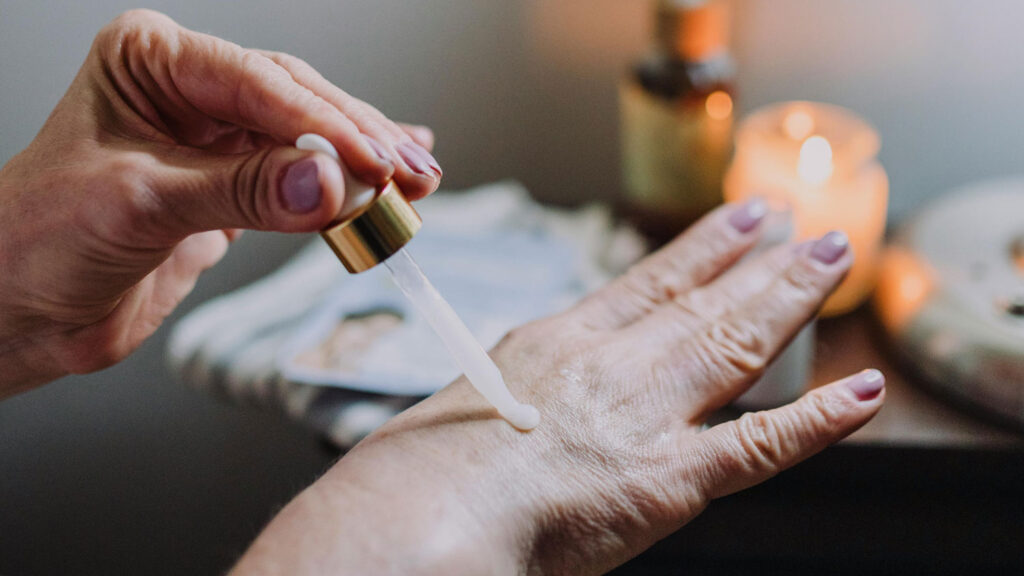
Frequently Asked Questions
Is bakuchiol really as effective as retinol for wrinkles?
Yes — a 12-week clinical study published in the British Journal of Dermatology found that bakuchiol delivered comparable improvements in wrinkles and hyperpigmentation when compared to retinol, but with significantly less irritation.
Can I use bakuchiol and retinol together in the same routine?
You can. Dermatologists often recommend using bakuchiol in the morning and retinol at night, or alternating them on different days to enhance anti-aging results while minimizing irritation.
Which is better for sensitive skin, bakuchiol or retinol?
Bakuchiol is the better option for sensitive or reactive skin, as it delivers many retinol-like benefits without the dryness, flaking, or burning often associated with retinoids.
Does bakuchiol work for hyperpigmentation and dark spots?
Yes. Clinical studies and dermatologist reviews show that bakuchiol helps reduce discoloration and even out skin tone over time, similar to retinol.
Do I still need to use sunscreen if I use bakuchiol instead of retinol?
Absolutely. Even though bakuchiol is not photosensitizing like retinol, dermatologists stress that daily SPF is still necessary to protect collagen and prevent further aging or pigmentation.
The content provided in this blog is for informational and educational purposes only. All product recommendations and skincare suggestions are intended to serve as general guidance and should not be considered a substitute for professional advice. Individual skin types and conditions vary, so please use discretion when incorporating new products or routines. We strongly recommend consulting with a licensed dermatologist or qualified healthcare professional before beginning any new skincare treatments, especially if you have sensitive skin, pre-existing conditions, or are currently using prescribed medications.
Note: All product links are for informational purposes and do not constitute endorsements. Always perform a patch test before introducing new products into your routine.

